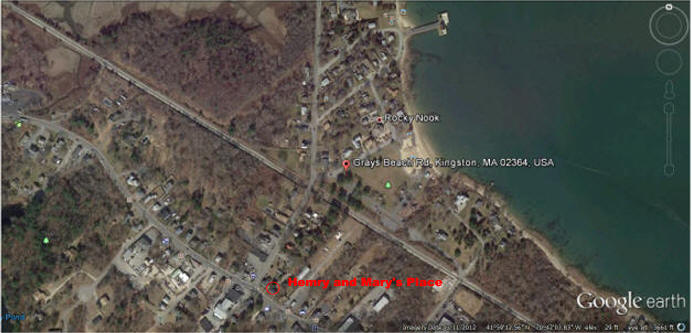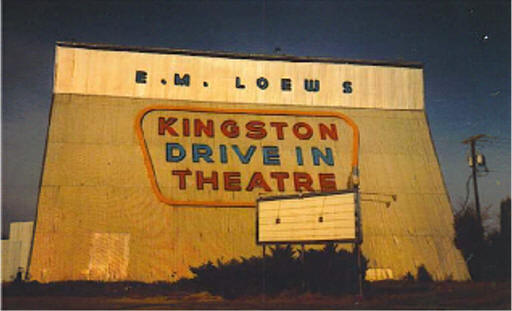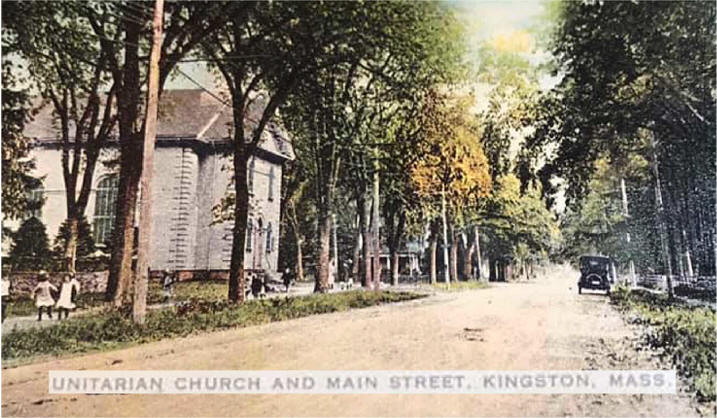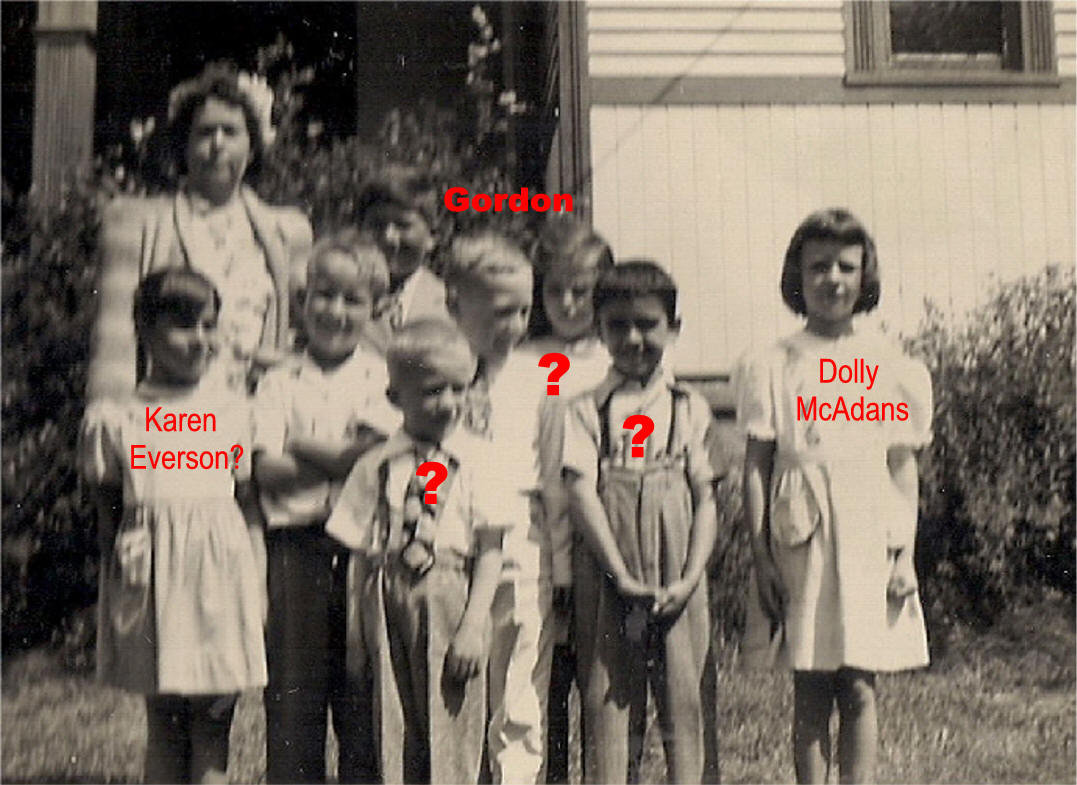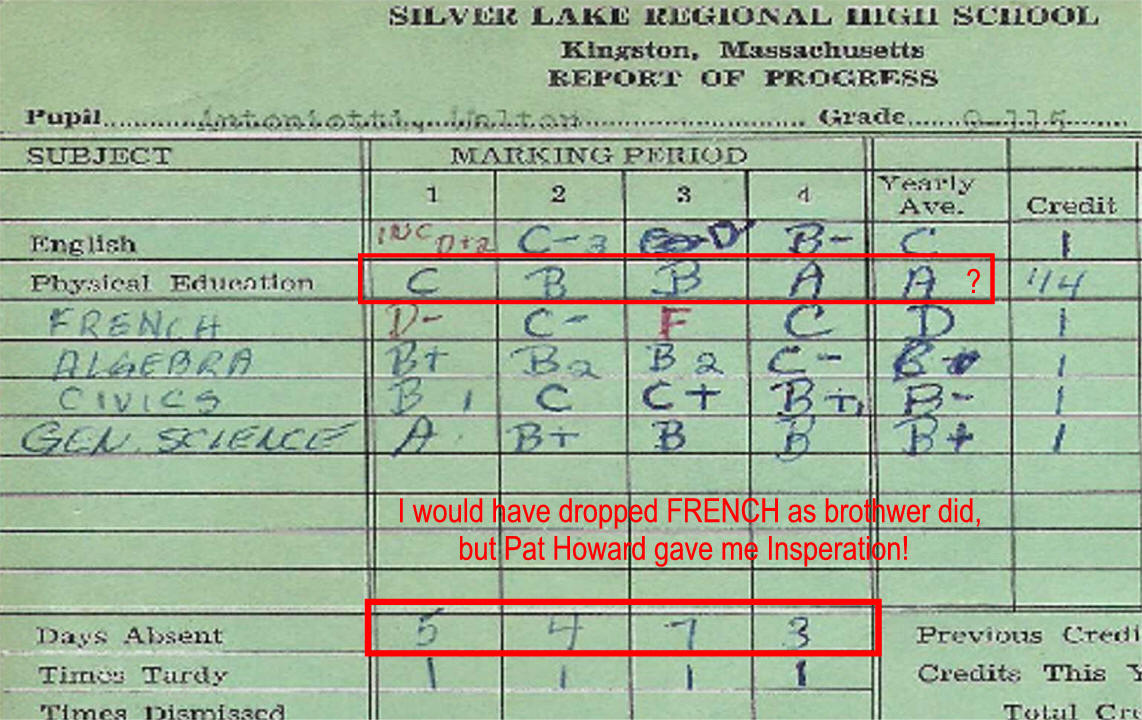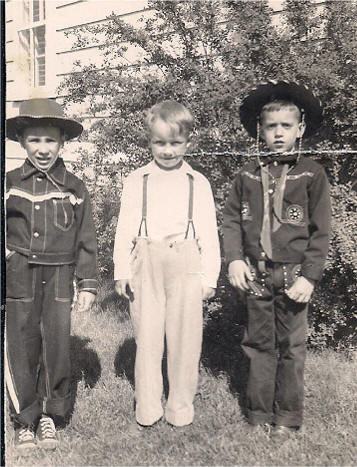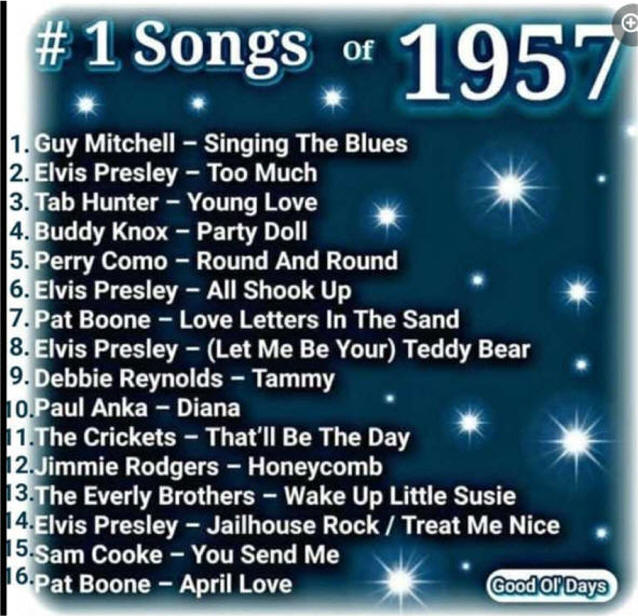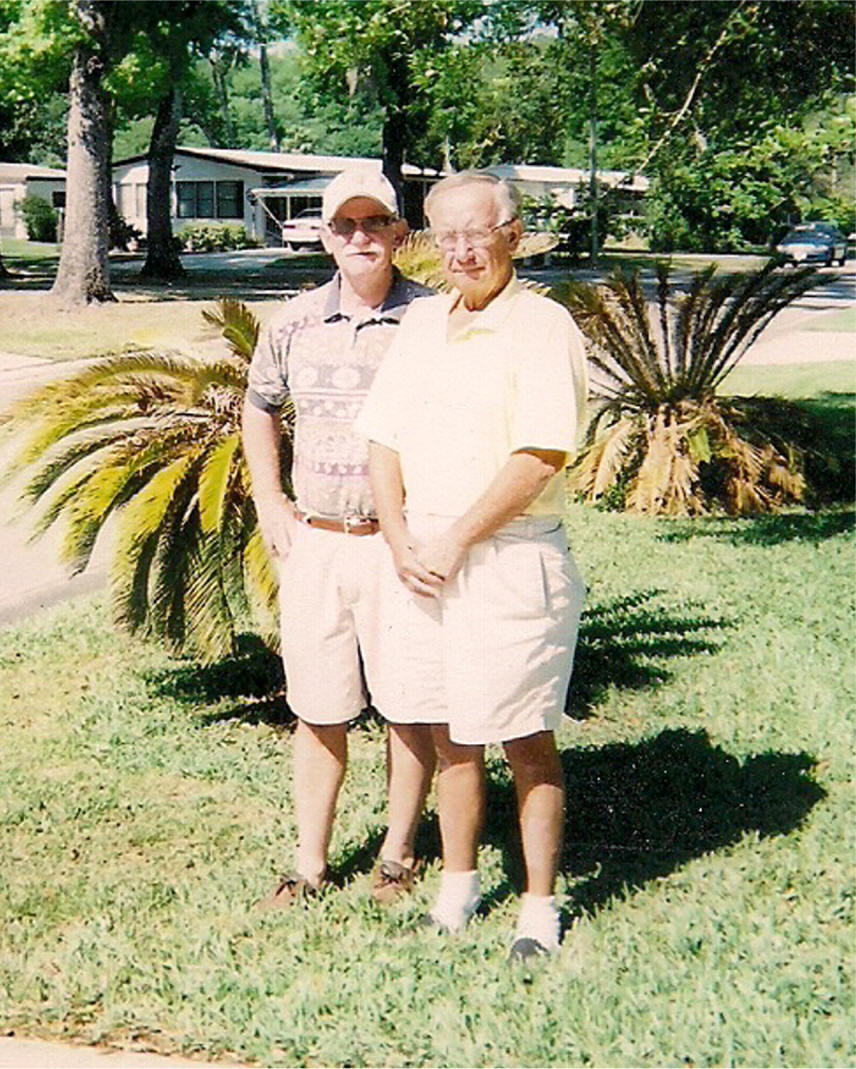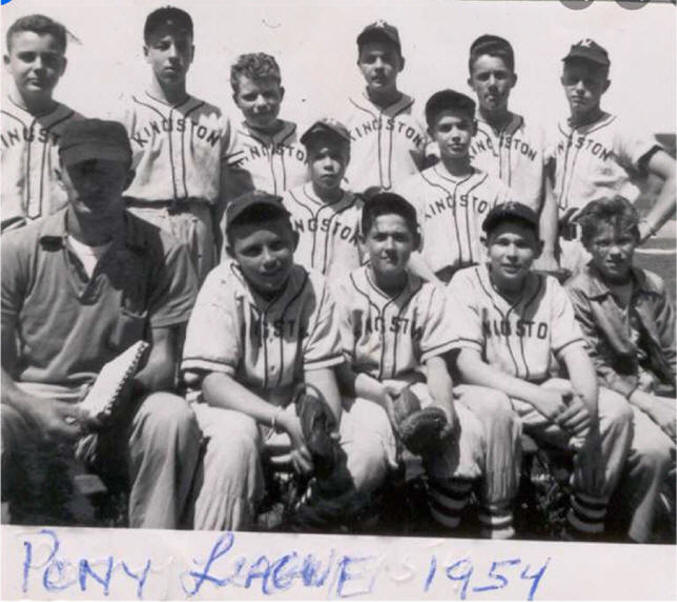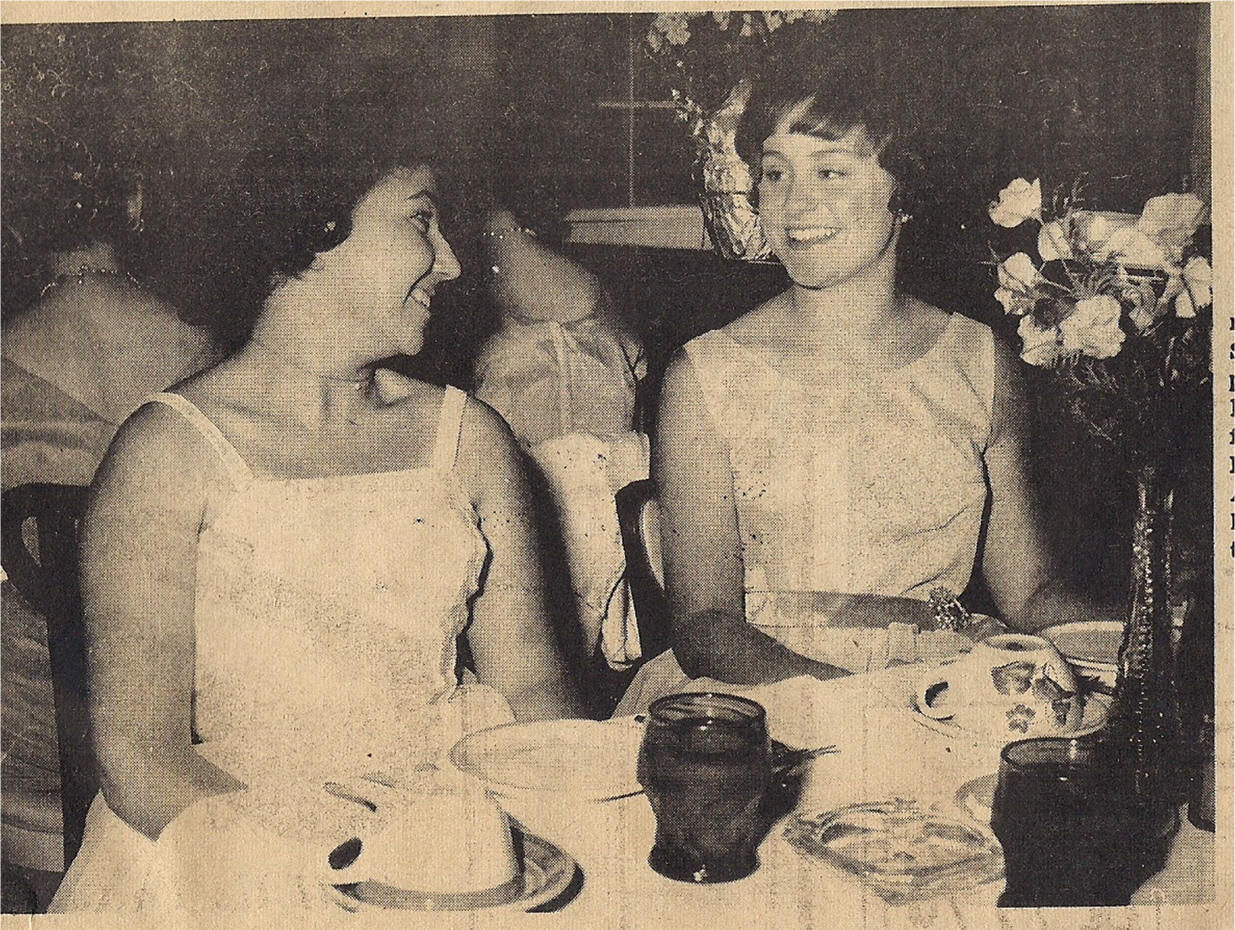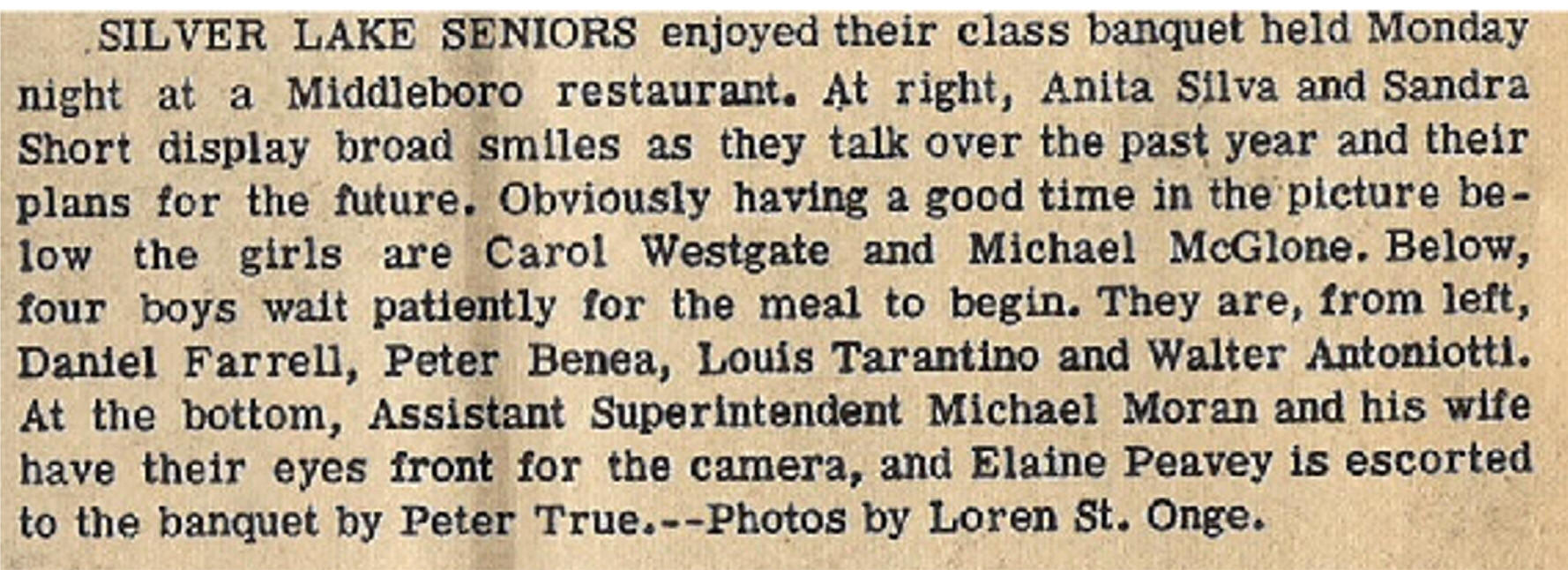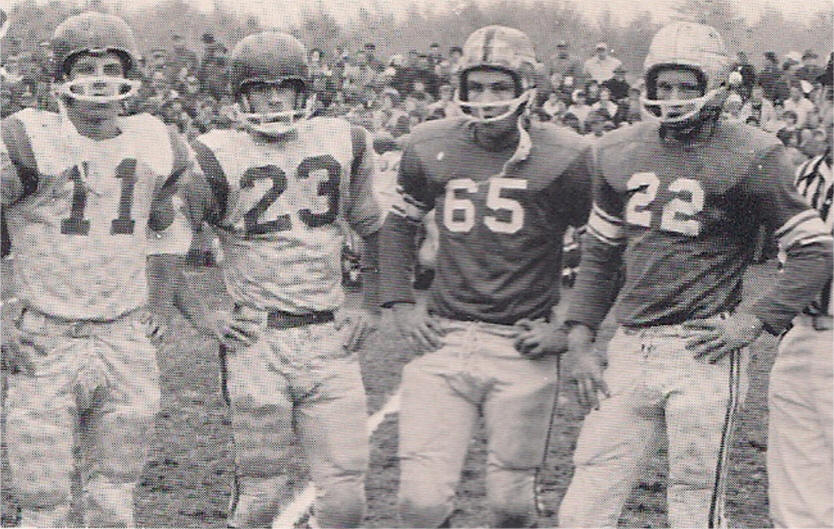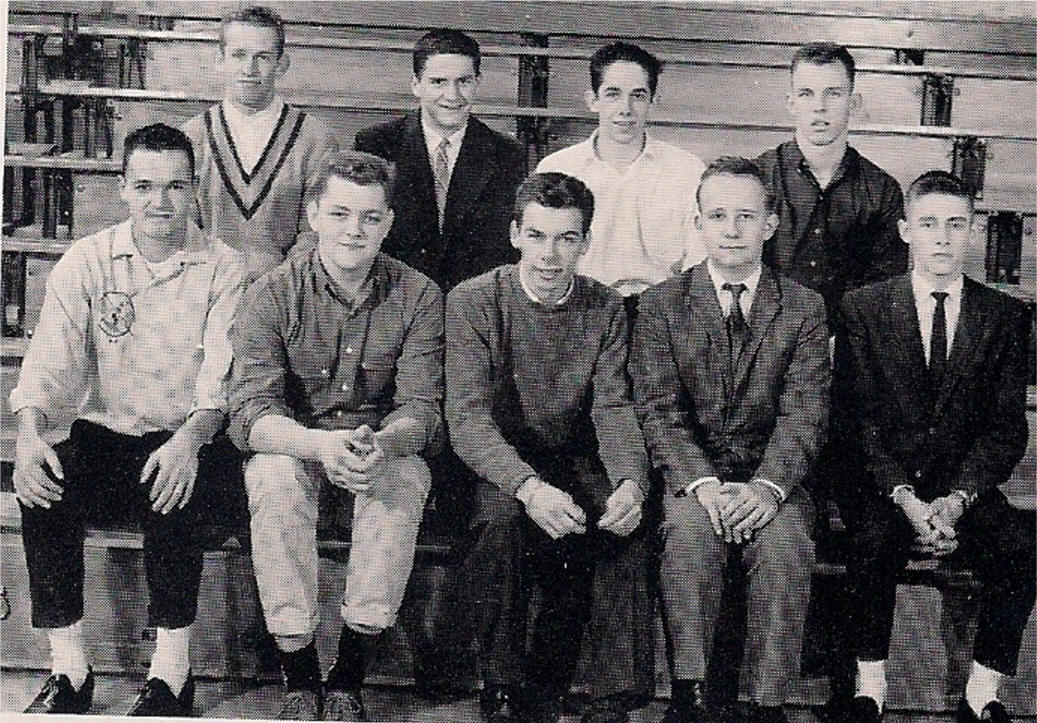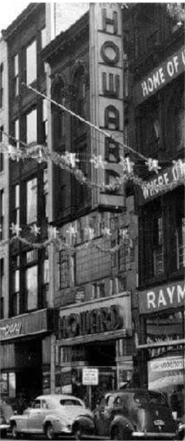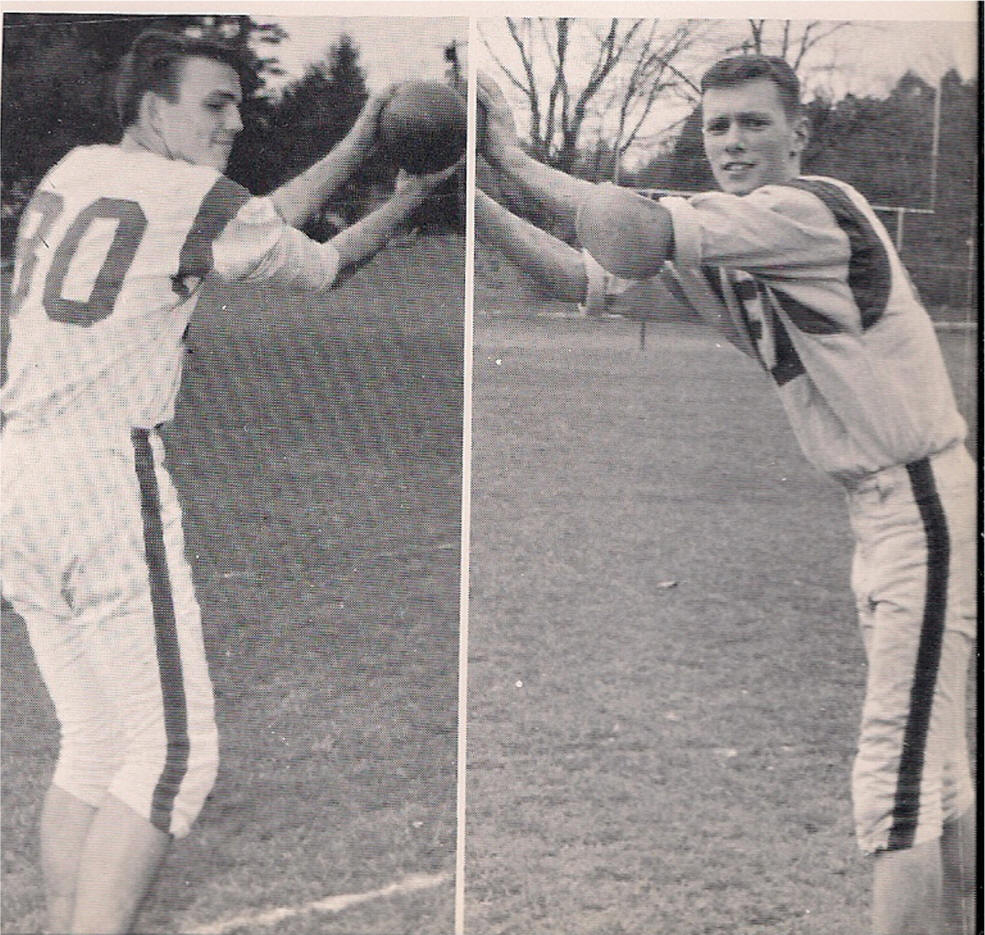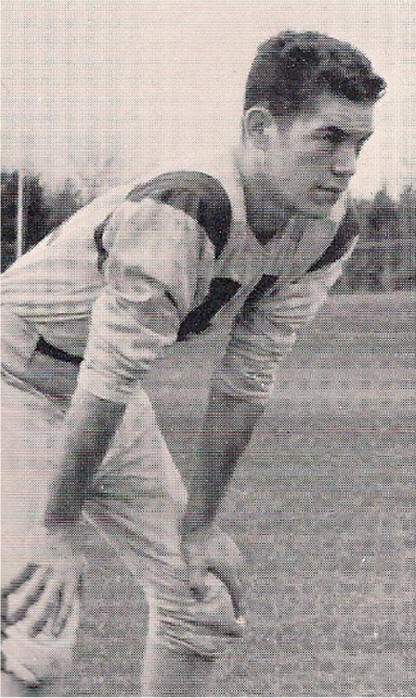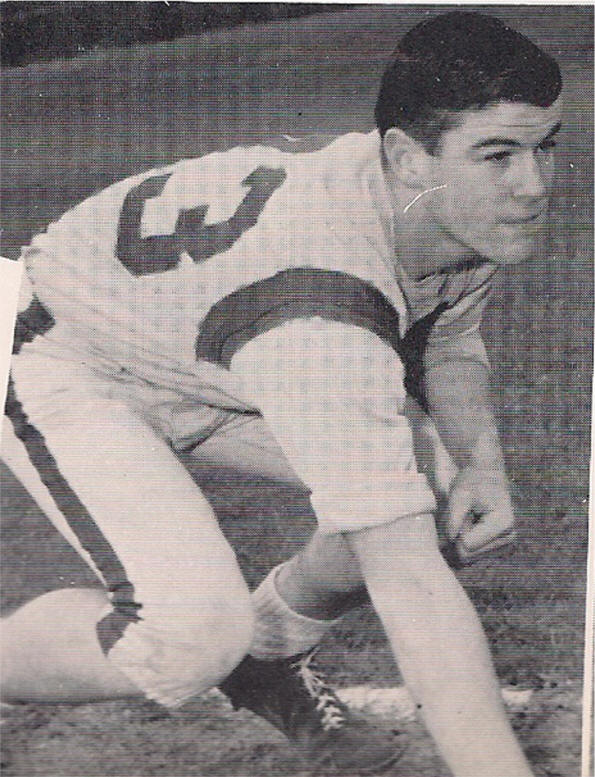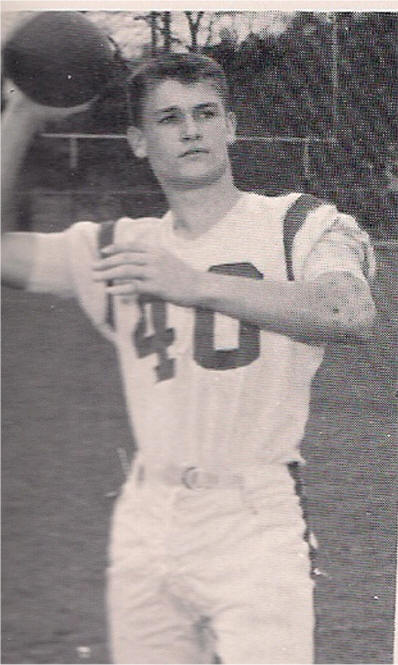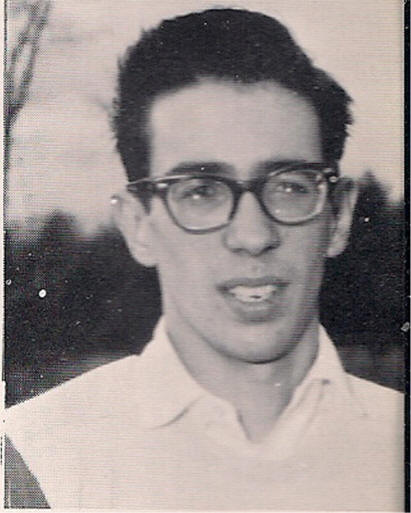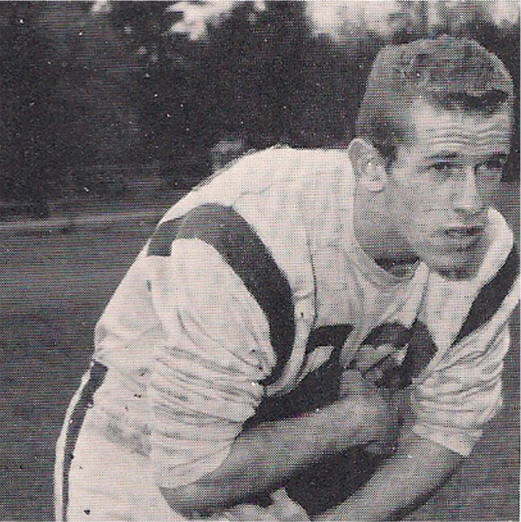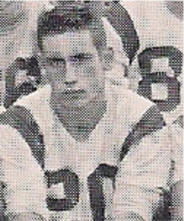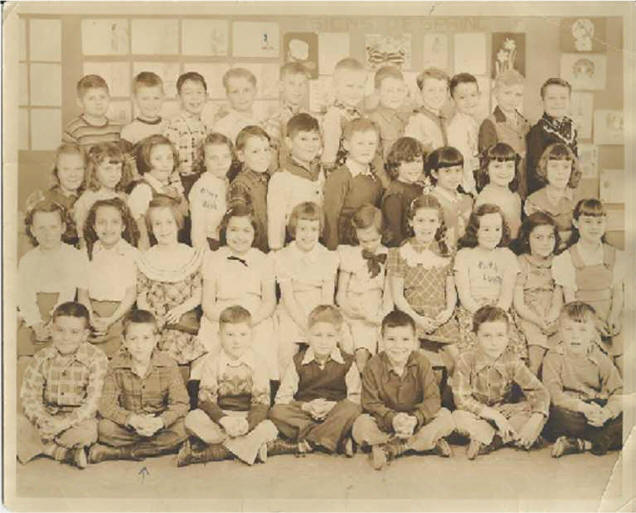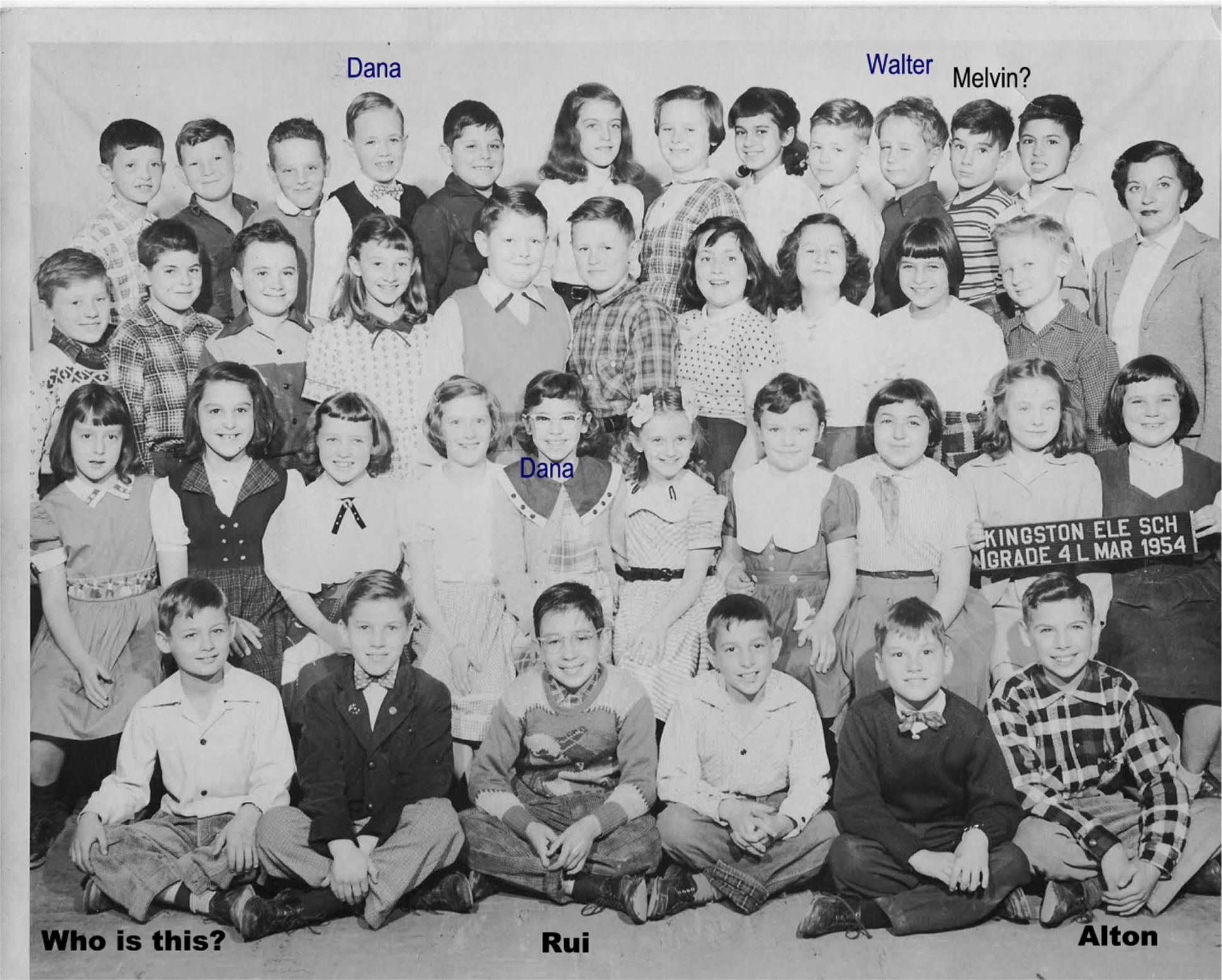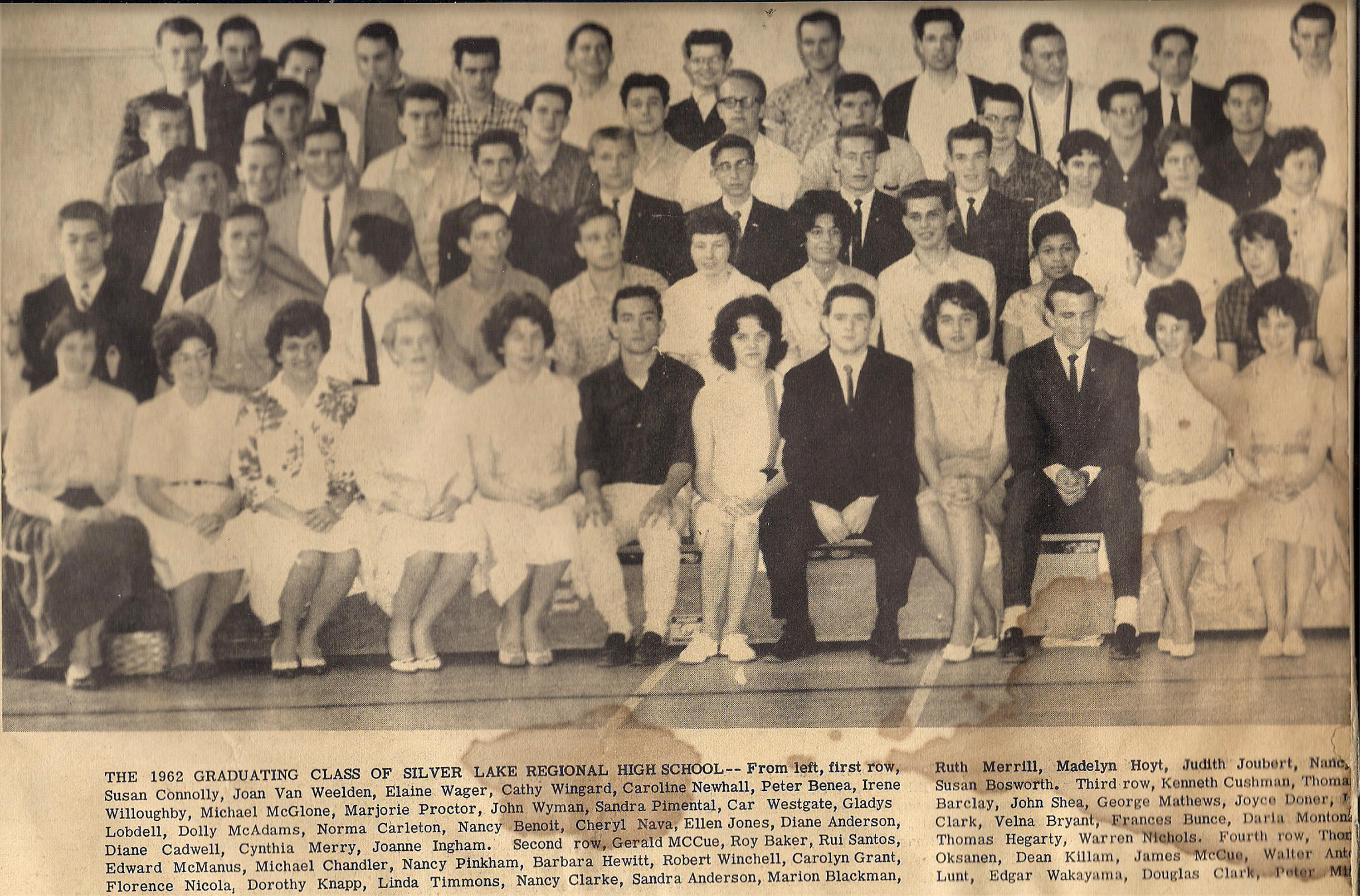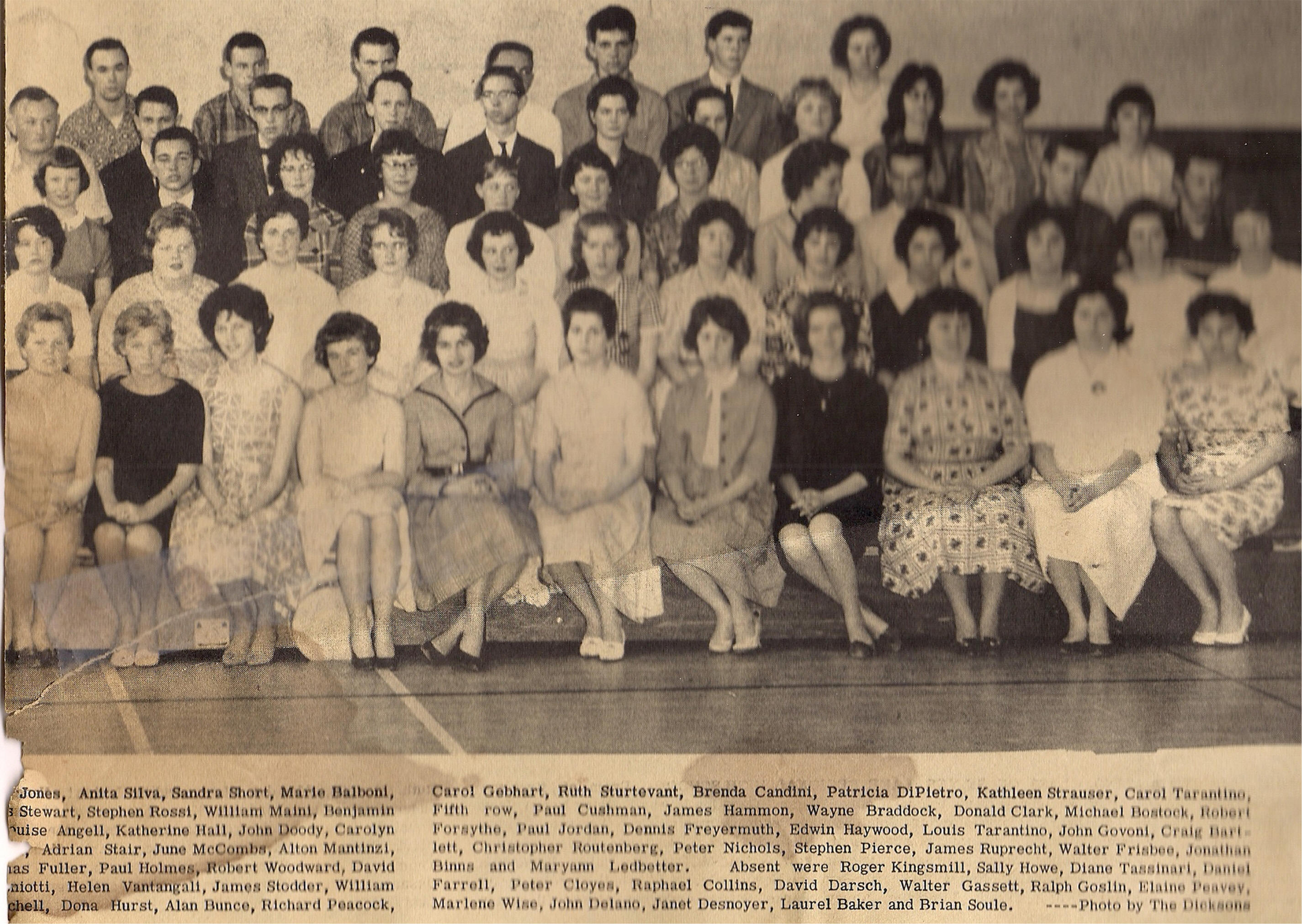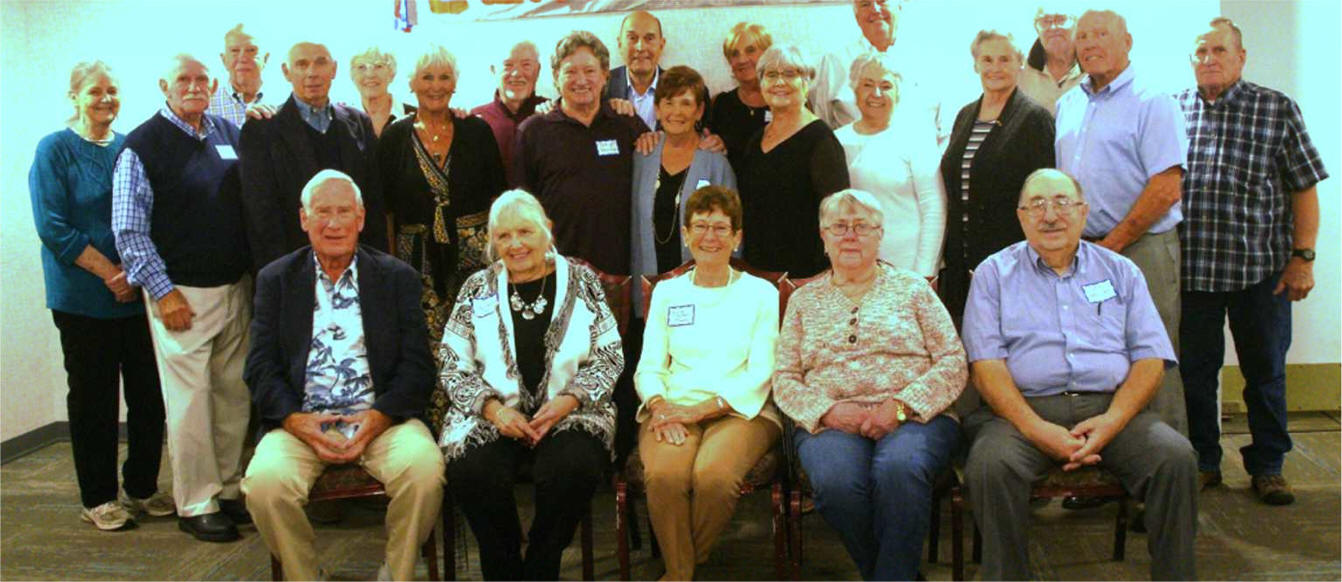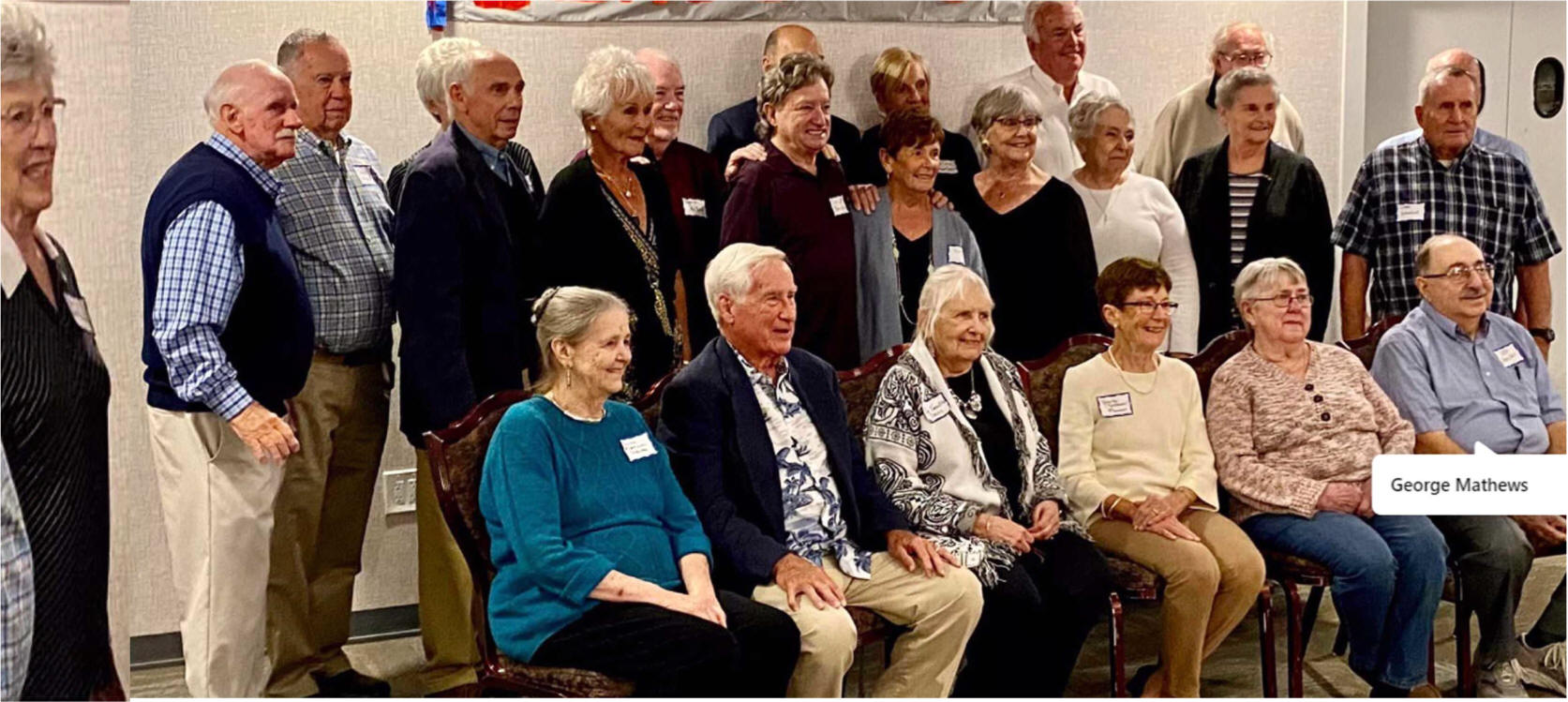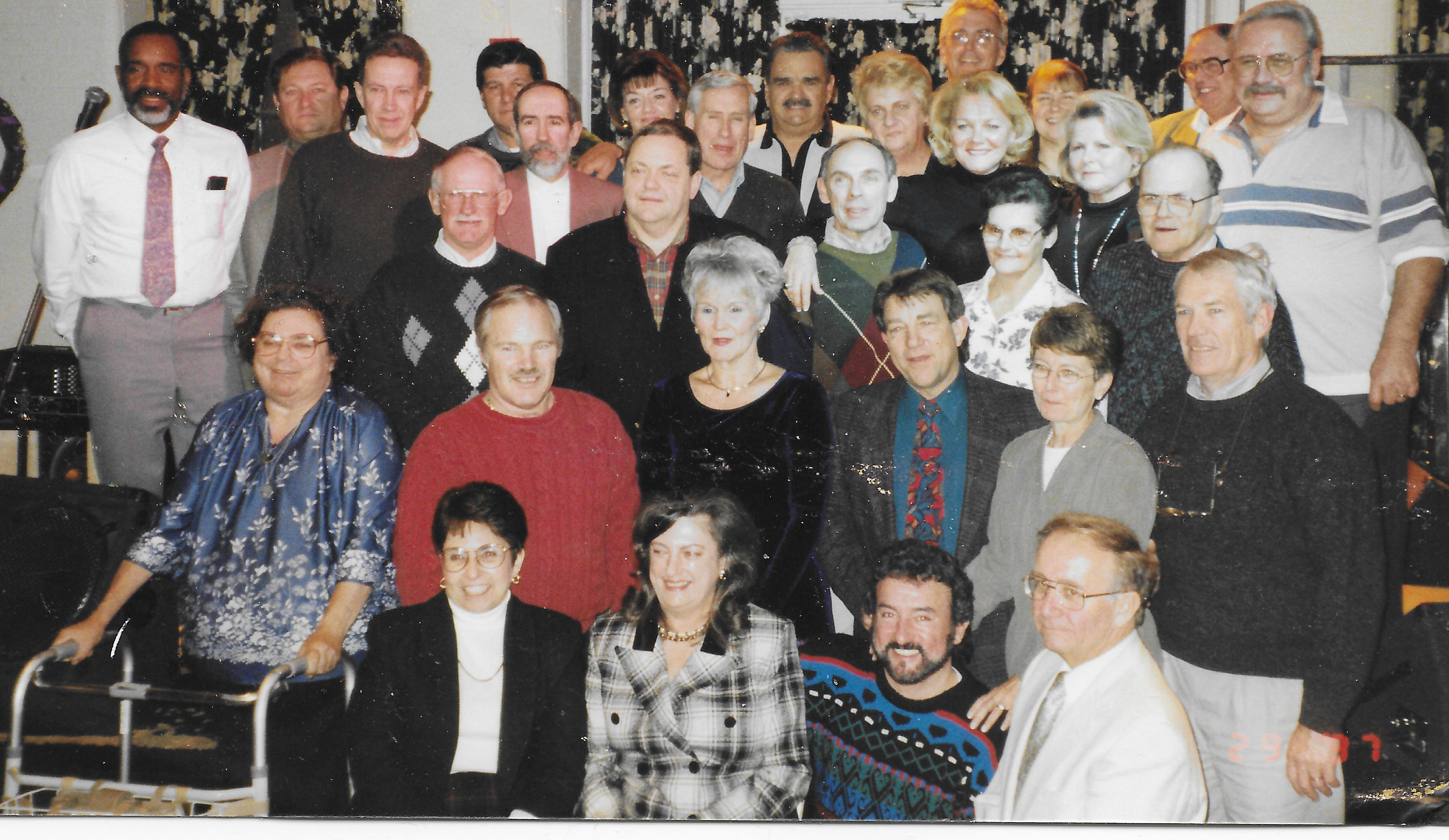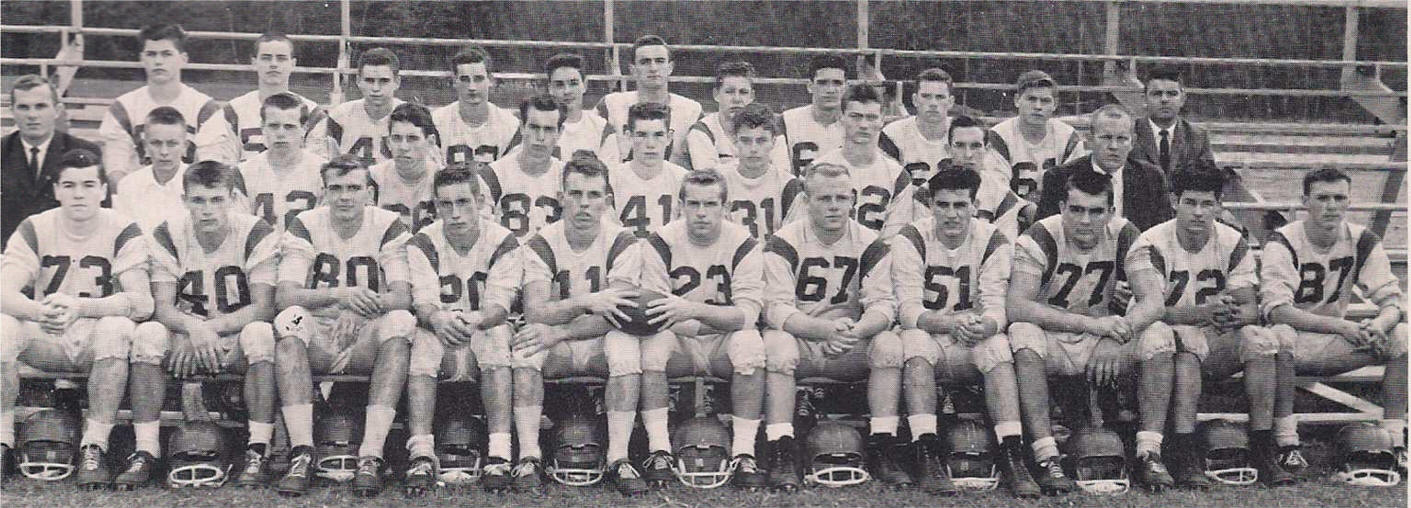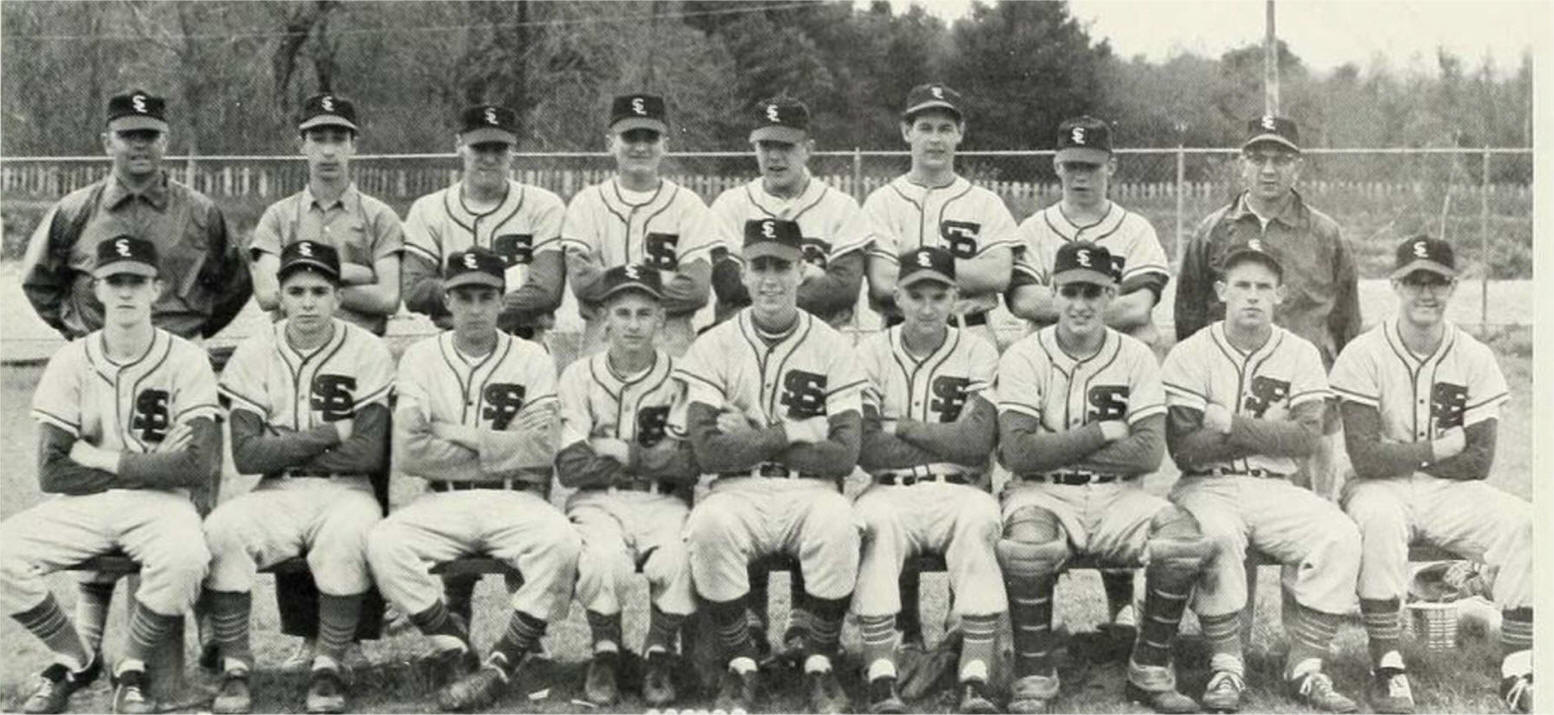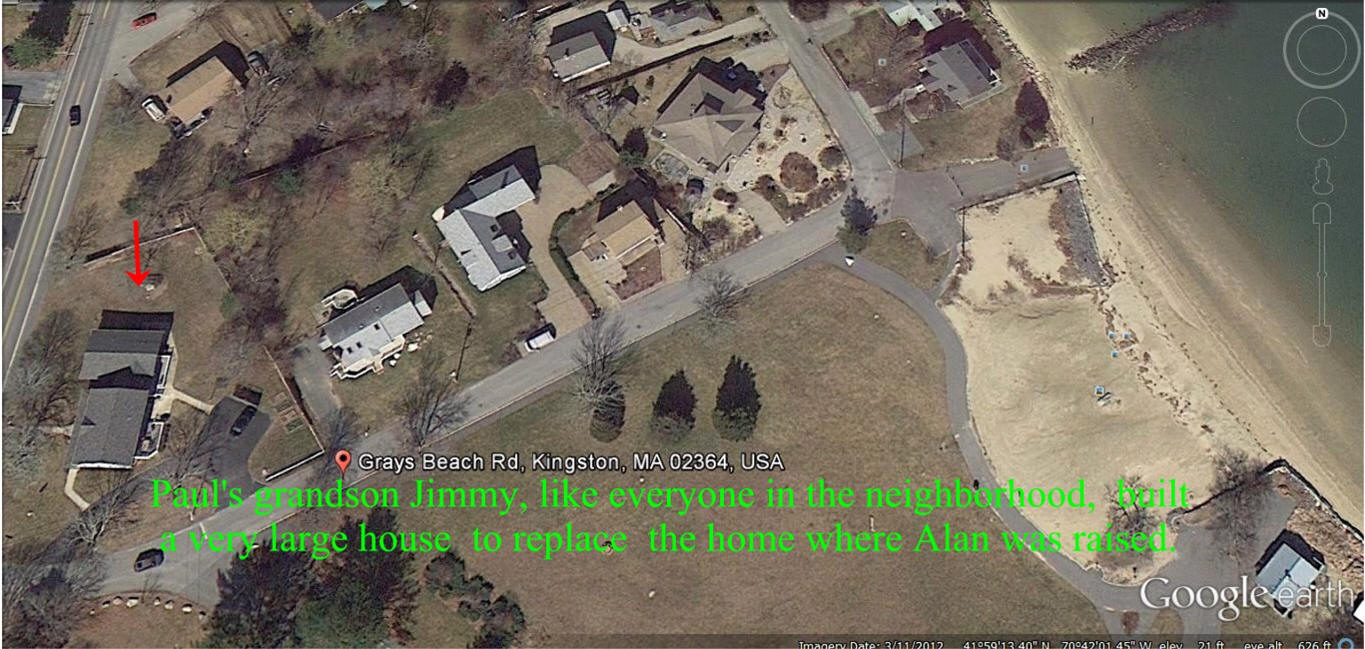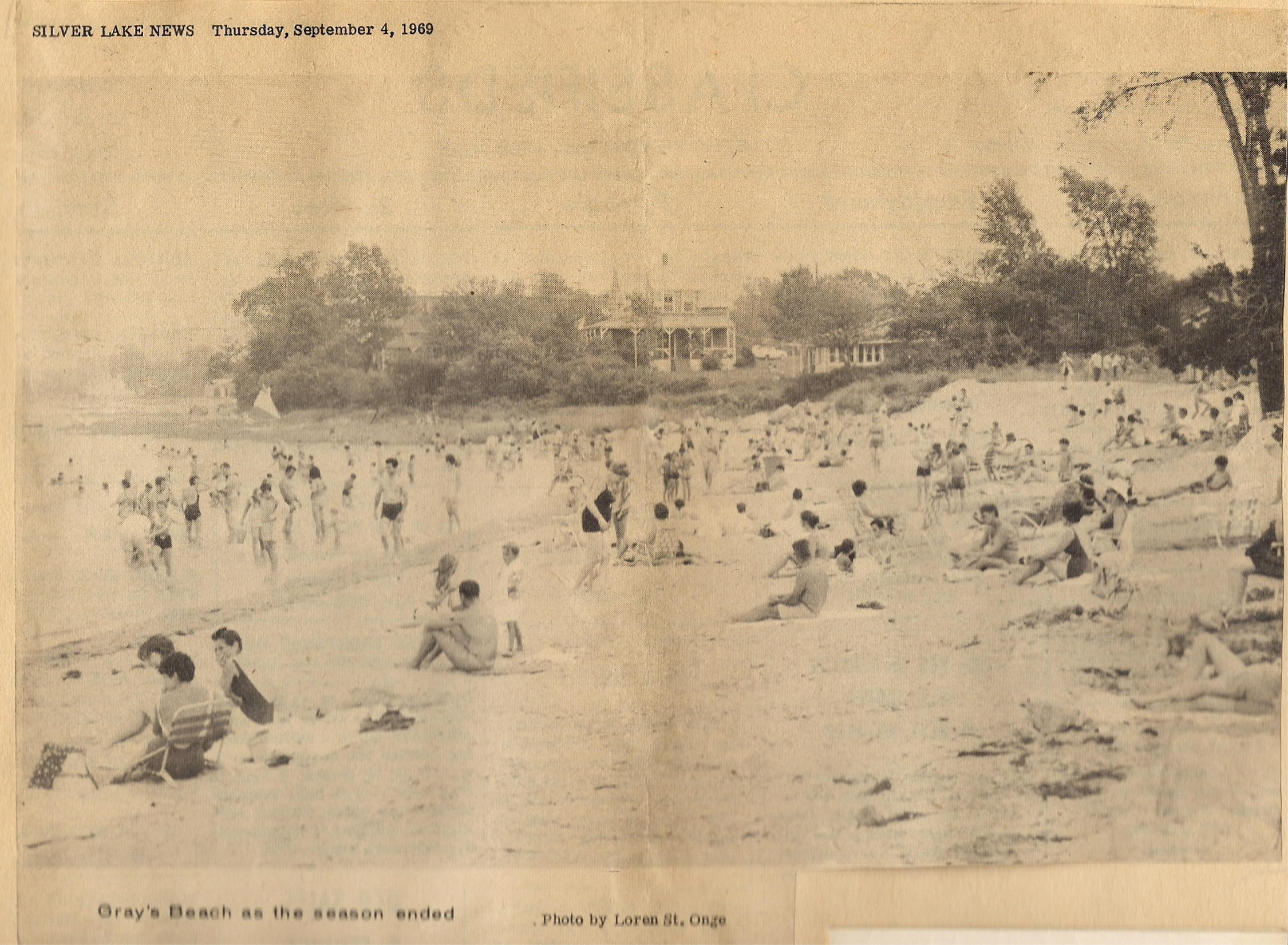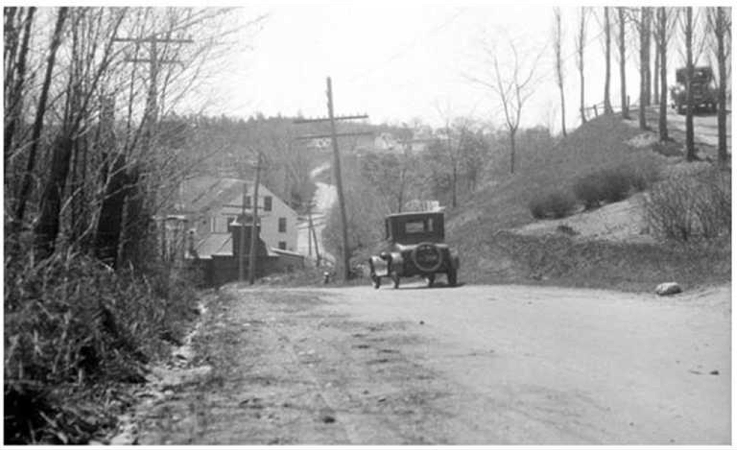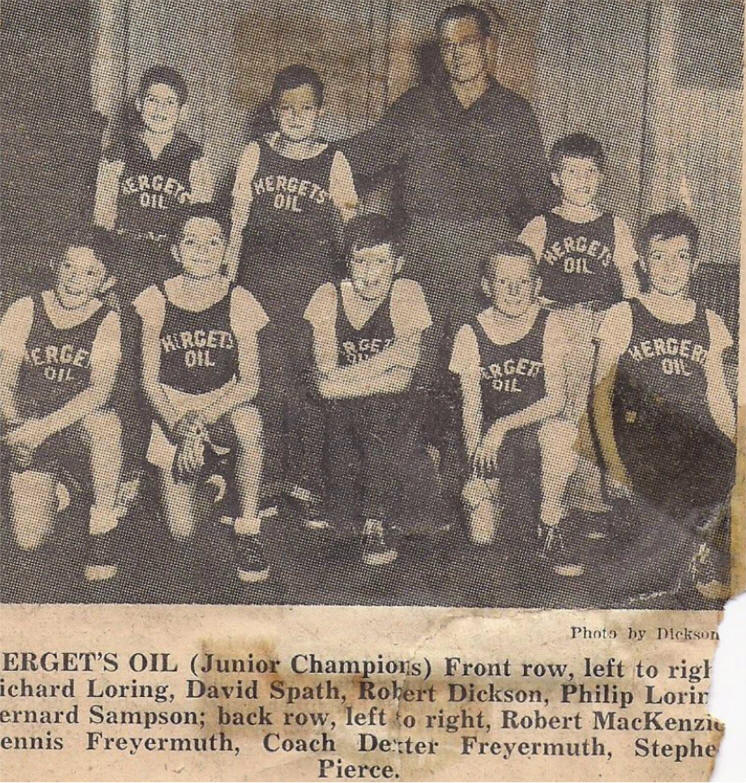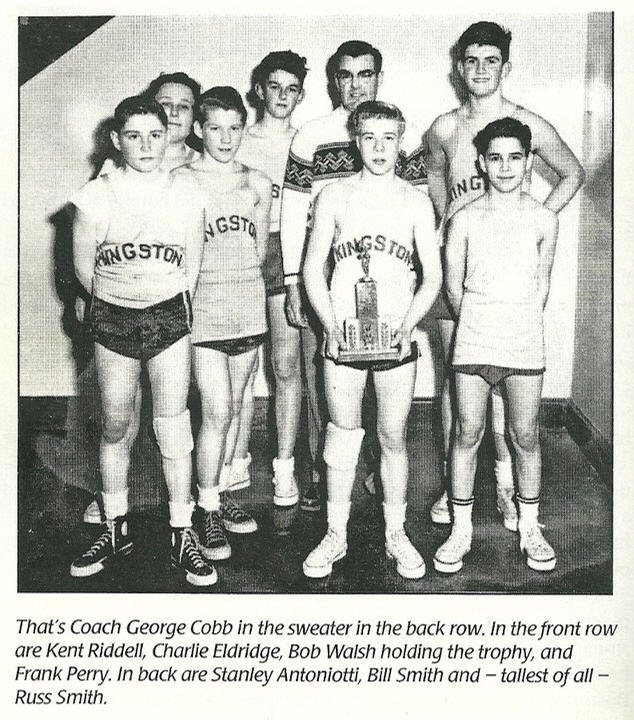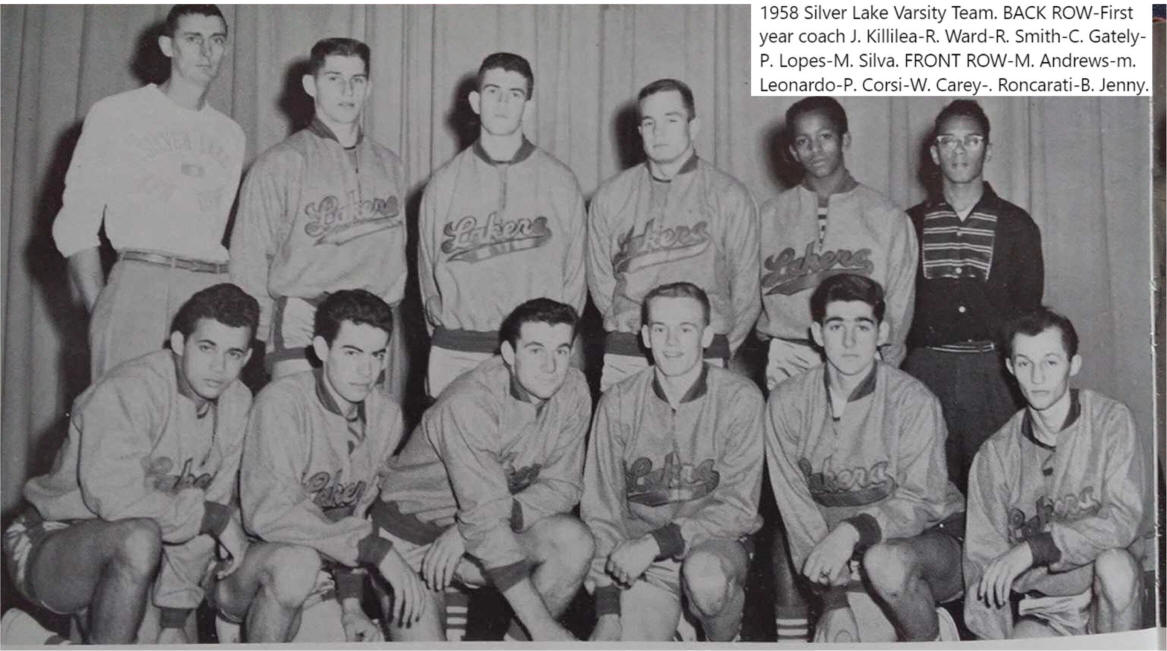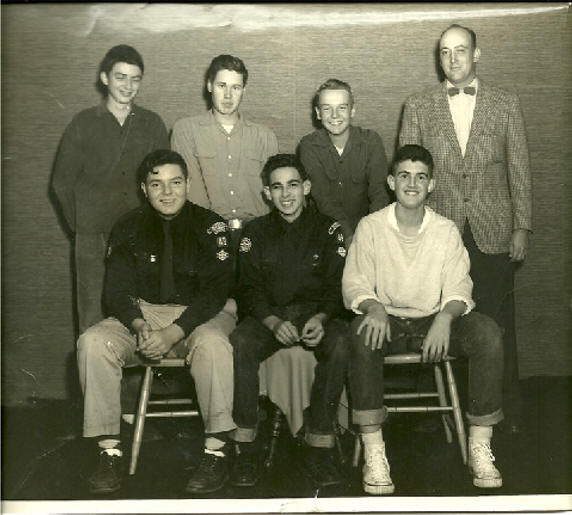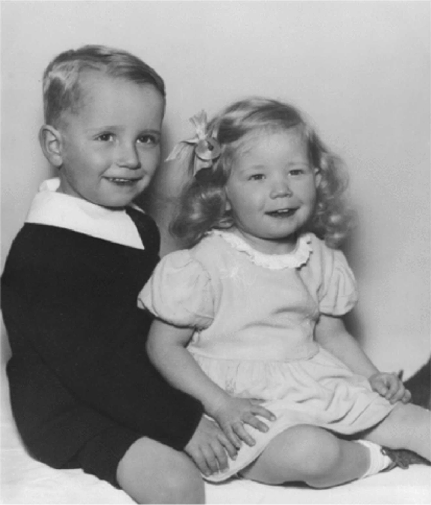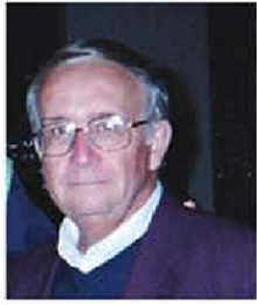People Change?
Seventh grade brought many new friends at Silver Lake Regional High School. It
serviced 5 towns that would produce a graduating class of over 140 students. Miss Goldman
was my English teacher and as usual, I earned C's and D's. Young and
attractive, she often talked about her local corrections officer boyfriend, her
family place on Cape Cod, and that she had recently graduated from LSU with a
master’s degree. Twenty years later, after I interviewed for a mathematic
teaching position at Silver Lake, we talked in the faculty lounge. Attractive as
ever, she seemed amazed about how much of her personal life she had communicated
to our class.
I guess what teachers communicate to their students
changes over time? Most experienced teachers complain that students have
changed, maybe its teacher who change.
Miss Goldman never married and eventually became chairperson of
Silver Lake’s junior high English Department. Is she with us?
Melvin Cherry was well-behaved in elementary school. In junior high he was out
of control. While racing down a school corridor chasing Karen Everson, who was
not yet the beauty she would become, Melvin crashed into my former forth grad
teacher Mrs. Loutz, who was now a guidance counselor. The result was not good.
Her hip was broken. She aged substantially during her long covalence. Melvin was
shipped off to private school and I imagine Karen grew up more quickly. What
ever happened to our junior high version of Bonnie and Clyde?
Always slow to develop, I didn’t become a disciplinary
terror until in ninth or tenth grade. Nothing serious, just behavior that earned
me many two-hour detentions. One beautiful late November day, sitting in
detention, I decided to stop said behavior and I did! I had only two more
disciplinary problems.
A yardstick fencing dual with friend Ben Barclay resulted in detention. The
action would have been overlooked had Ben’s father not been a teacher. The
arresting officer, a substitute teacher named Mr. Gassett, consulted with Mr.
Barclay and a detention was handed out. For the next few months I had to put up
with Mr. Barclay’s sarcasms. Ben probably had to put up with much more. The
other offense occurred an hour after the end of school. My sin was sitting in a
car parked on school property smoking a cigarette. A dedicated teacher
saw me and the result was a one day suspension. To me it was a day off. My
report cards indicate that days off were the norm.
Upon graduation Ben went to U. Mass Amherst, really
didn't want to be there, flunked out, and spent four beneficial years working in
Air Force medical supply management. Having made the world safe, Ben returned to
U. Mass, graduated, worked for a company or two, went to work for a
business supply wholesaler, and then with wife Susan, opened Barclay's Business
Products. Recently retired, their biggest problem is deciding which of next
year's cruises should be extended, choosing a retirement location, and deciding
whether they should also keep their current Hingham, Massachusetts home.
While my behavior improved, I didn’t become
Little Lord Fauntleroy. Michael McGlone and I just couldn’t stop talking
in our history class. Mike, who would become our senior class president,
was a very jovial slacker. He is a good example of why my school grades
were so average. Why? I discovered he had a photographic memory when he
was the student star of a school assembly featuring a memory expert. A
bunch of us volunteered to participate in a memory contest. Why I
volunteered to go up on the stage is beyond me. "Stupid is as stupid
does!" We were given a few seconds to
memorize eight or nine numbers. One at a time we were asked
questions like state the numbers, what is the sixth number, state them
backwards, state every other number. Very quickly, everyone but Michael
sat down. Mike was looking at the numbers so any question was
quickly answered. Amazing, how was I to compete with a
photographic memory people like Michael in Mr. Frank's history class.
Many years of teaching accounting revealed
that quite a few students have extremely good memories; they were in
effect, taking open book tests. One such student could have embarrassed
me, as if I could be embarrassed! Because of an emergency, I was asked
to teach Intermediate Accounting II for Bentley College. Intermediate
Accounting is by far the most difficult accounting subject to learn and
to teach second semester, never having taught first semester, could have
been a disaster. On a number of occasions, a photographic memory
student corrected me on what was usually a minor point. He would say
"but on page 143 it says ..." The class would look back and sure enough,
he was correct. Interestingly, the class figured out that his analytical
ability was average and their teacher was good at explaining difficult
concepts (the answer book helped!). Said student found applying basic
accounting concepts to word problems difficult. He earned an A- but I
gave him an A. Why cause problems. Bentley College had a comprehensive
student evaluation system and I did very well in this class. But
Bentley was moving up the college prestige ladder and MBA's
teaching for them would become a thing of the past. Too bad, so sad, I
could have used the money. Questions: does an
outstanding memory hinder the development of analytical skills? Beyond
the basics, should our educational system change from learning the
answer to a teacher's questions to students investigating personal areas
of interest, determining relevant questions, and then answering these
questions?
Upon graduation, Mike went to Northeaster University in hopes
of earning one of their outstanding engineering degrees. He didn’t last
long, married his high school sweetheart Chickee and went to work for
his father's moderately successfully surveying company. Mike and Chickee
attended the first few 1962 class reunions and then stopped attending.
I visited with them in the mid-nineties. Both were
recovering from bypass surgery. This was of interest because Mike’s
mother and some of his siblings were of poor health, something I learned
while visiting a number of times at their small, summer camp like family
home. Mike was using public funds to attend college part time in hopes
of earning a teaching degree. About ten years later, Mike attended our
45th class reunion. I was very sorry to hear that Chickee had passed,
not much else had changed.
Later Northeastern University sold an MBA degree to me and many
engineers working on "route 128." After year one of a three year
program, they increased tuition by fifty percent. Few students cared
because they had company reimbursed tuition. For me, it was price
gouging. I was trying to pay off a college loans at $53 per month,
a 1967 red triumph car loan at $64 per month and the increase in
Northeastern monthly bill to $120 was noticed.
A disaster resulted from my gab fest with
Michael. We would be separated and I was awarded Mr. Parks, who
was legendary for his homework, authoritarianism, and Mr. Barclay's good
friend. I walked into my new class and saw very bright students
like Alton, Dana, and Daria who had pushed me to the bottom of my elementary
school classes and my junior high classes. I realized academic profiling was alive and well and I was
in trouble.
Mr. Parks made two statements guaranteeing I
would not be a problem. “ We do one oral reports in this class and yours
is tomorrow. We do four written book report per year in this class and
the first of your four is due next Friday." The fact it was the
beginning of second term did not seem to matter as the boss does not have
to understand and or apply proportional analysis. I was in Deep Do-Do or
D-Cubed for short. Made it through, earned a B or B-. I can't remember if
it was Mr. Parks who required me to read
1944, but if it was, thanks! I wonder if assigning me to
Mr. Parks was random, or another attempt to help me grow up. Is
Mr. Parks with us?
Mr. Parks was not the only superior teacher to walk
the halls of Silver Lake. Mr. Heufelder was a photo copy of Mr. Parks.
A war veteran, who we thought must have fought for the Germans, he had a wooden leg
that squeaked as he patrolled our chemistry class. His loud voice scared
almost everyone except John Delano and me. We went crazy trying not to laugh at
his squeaky leg.
I studied more than usually in chemistry because my
younger sister Alma was in Mr. Heufelder's advanced placement chemistry class. I
got an A- term one, lower than Alma's grade, but enough to continue my
belief that my forth grade teacher Mrs. Loutz was incorrect. Mr. Heufelder gave
us a long and difficult Christmas vacation problem assignment. I copied Alma’s.
This made my B or B- grade goal easier to achieve. Is Mr. Heufelder still with us ?
|
Kingston Elementary Faculty 1940-50
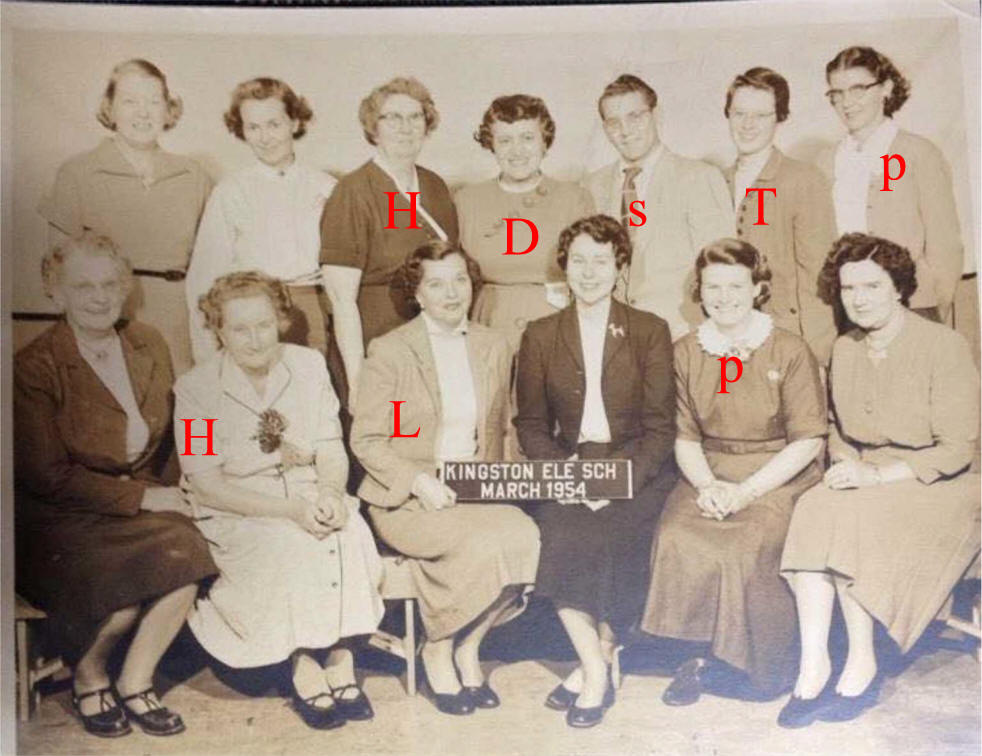
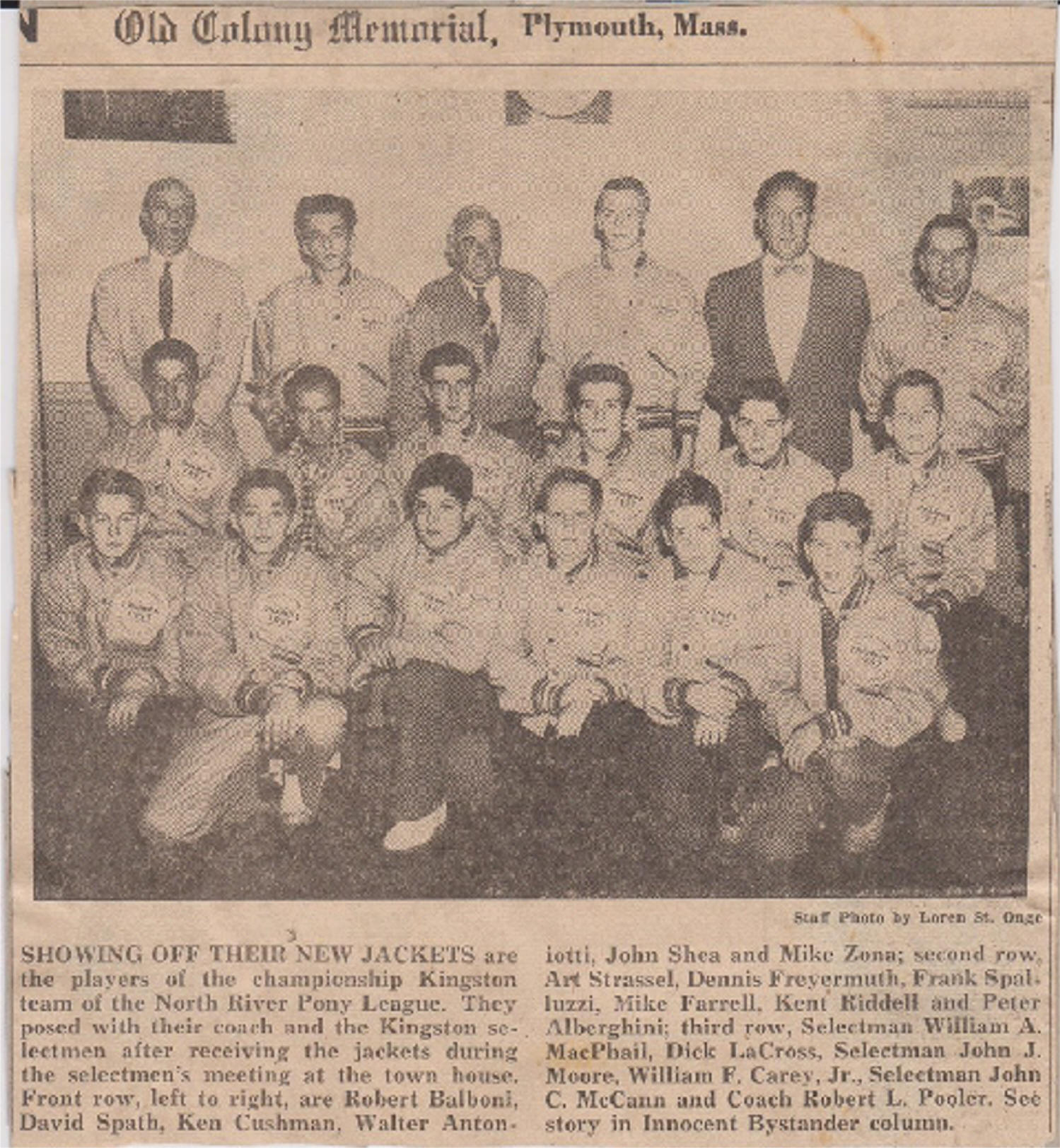
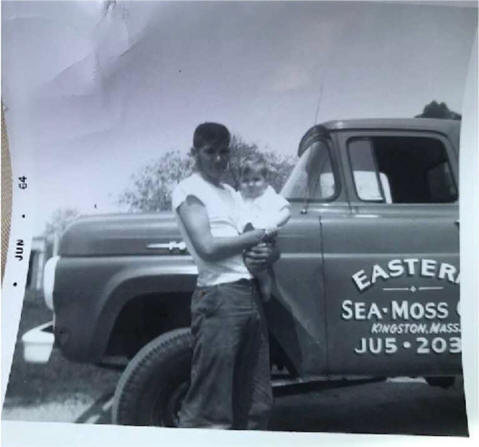
Note the days off. I was not sickly, just
didn't like school.
Anyone who tries to compete
in an arena where they are average is not
maximizing the return on their time investment.
Our flat world is very competition; academically average students need
to find their special intelligence.
Hopefully I did?
|
